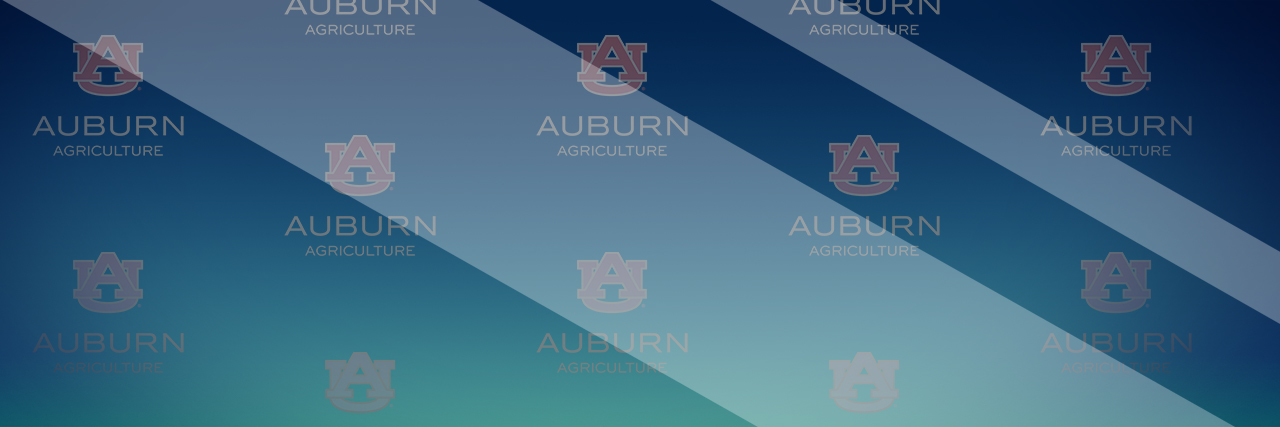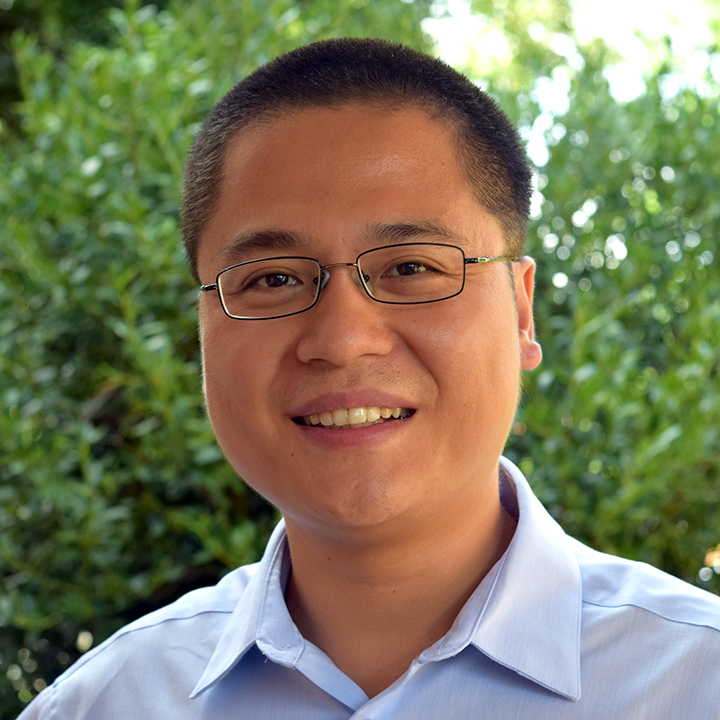Student Research Opportunities
Graduate students: I admit Ph.D. and M.S. students through the Department of Crop, Soil, and Environmental Sciences. If your interests align with my group, I look forward to seeing your application. Research assistantships will be provided to qualified candidates. Outstanding candidates will also be nominated for the Presidential Graduate Research Fellowships.
Postdoc Researchers: Postdoctoral fellowships are available periodically. Candidates who have a physical science or engineering background (such as hydrology, climatology, meteorology, environmental science or engineering, biosystems engineering, computer science, or related fields), strong expertise in scientific computing (e.g. R, Python, or Matlab) and process-based and/or data-driven modeling, strong written and verbal communication skills, and strong motivations to conduct climate research for water, food and agriculture, or public health are highly encouraged to apply. Additionally, please be in touch if you are interested in applying to external post-doctoral fellowship to work together. Some potential funding sources for post-docs are the NOAA Global Change post-doc, the various NSF post-docs, the McDonnell Foundation post-doc, the NIFA post-doc, and the Schmidt Science Fellows.
Visiting scholars or students: positions are always available. Self-supported individuals will be given a prior consideration.
Undergraduate students: please contact Dr. Tian directly to check research opportunities for undergraduate students.


